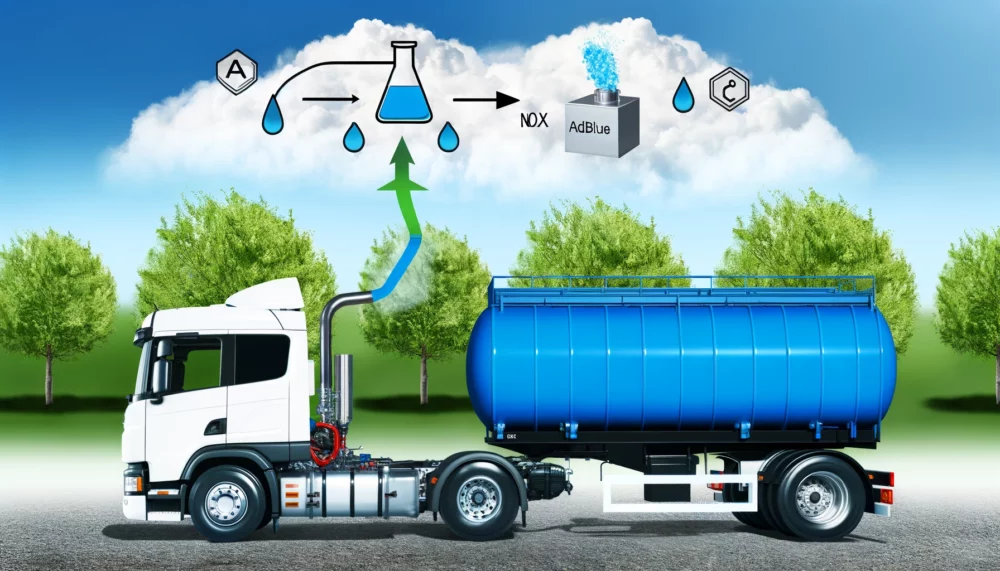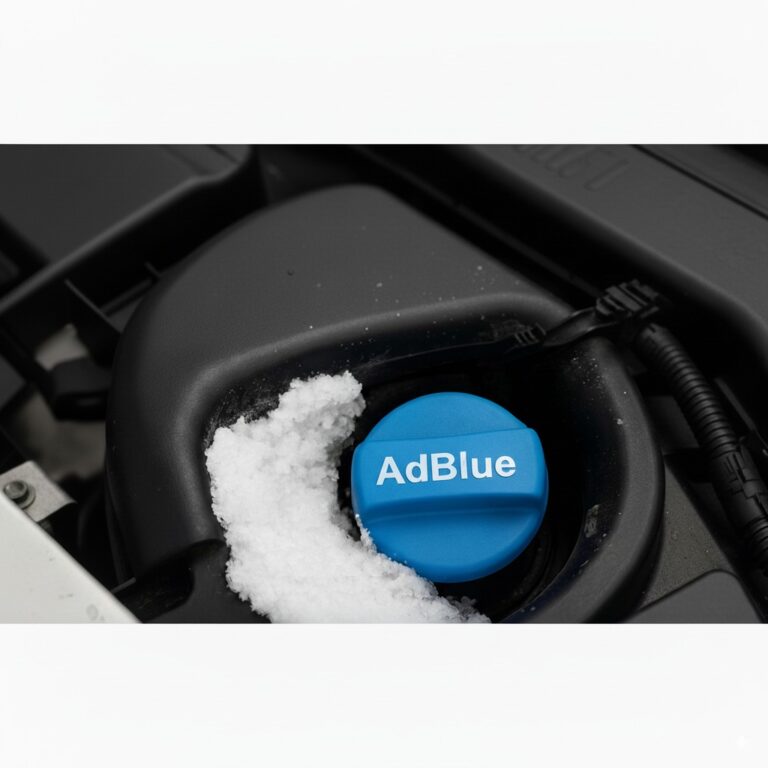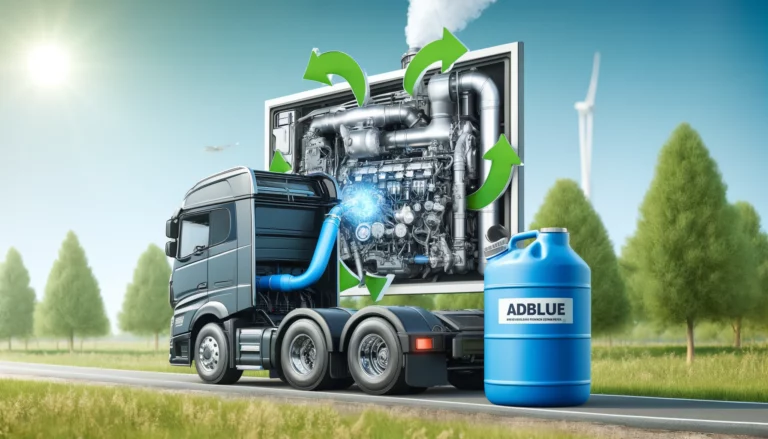As the world strives for greener and more sustainable transportation, the role of AdBlue® in reducing vehicle emissions has become increasingly significant. AdBlue®, a high-purity urea solution, is essential in the Selective Catalytic Reduction (SCR) system used in diesel engines to reduce nitrogen oxides (NOx), a major pollutant.
Here’s how AdBlue® impacts the environment positively:
Reducing NOx Emissions
NOx emissions are harmful pollutants that contribute to air pollution, smog, and respiratory problems. AdBlue® converts NOx into harmless nitrogen and water vapor through a chemical reaction in the SCR system. This process can reduce NOx emissions by up to 90%, making diesel vehicles much cleaner.
Meeting Regulatory Standards
AdBlue® helps vehicles meet stringent emission standards such as Euro 4, 5, and 6. Compliance with these standards is crucial for reducing the overall environmental footprint of diesel vehicles. Using AdBlue® ensures that vehicles adhere to these regulations, contributing to global efforts to combat air pollution.
Enhancing Engine Efficiency
AdBlue® plays a critical role in environmental protection by effectively reducing NOx emissions through the SCR system. This specialized solution aids in meeting stringent emission standards, which indirectly supports operational efficiency.
However, it’s important to clarify that AdBlue® does not directly enhance fuel efficiency or reduce operational costs. Its primary benefit is helping diesel engines achieve compliance with environmental regulations, contributing to a broader sustainability strategy.
Supporting Sustainable Transportation
BlueDiesel, a leading supplier of AdBlue® by AceRev, is committed to promoting sustainable transportation solutions in Malaysia. By offering high-quality AdBlue®, BlueDiesel supports the transition to greener diesel technology and contributes to a cleaner environment.
Conclusion
AdBlue® plays a vital role in reducing the environmental impact of diesel vehicles by significantly lowering NOx emissions, meeting regulatory standards, and enhancing engine efficiency. It is a key component in the move towards sustainable and environmentally friendly transportation.
For more information, visit BlueDiesel.






